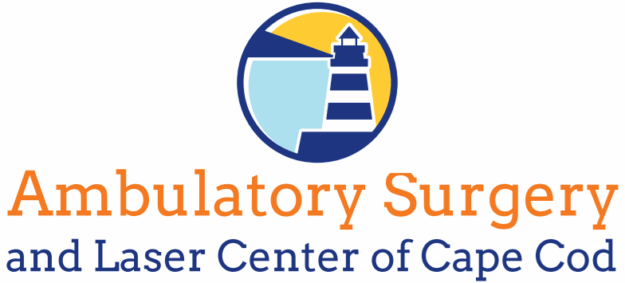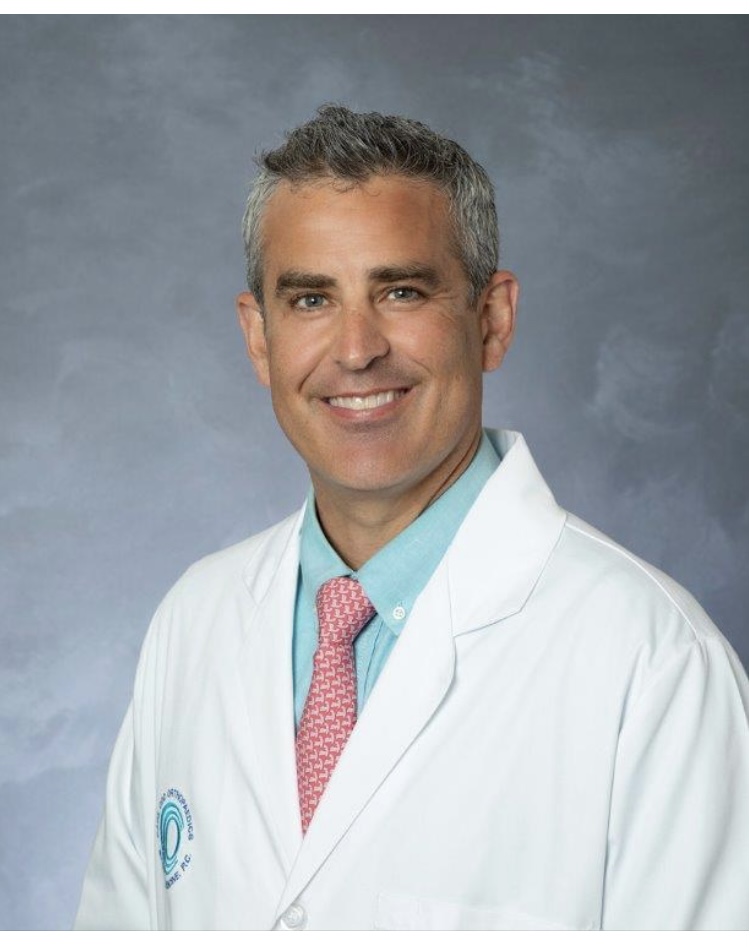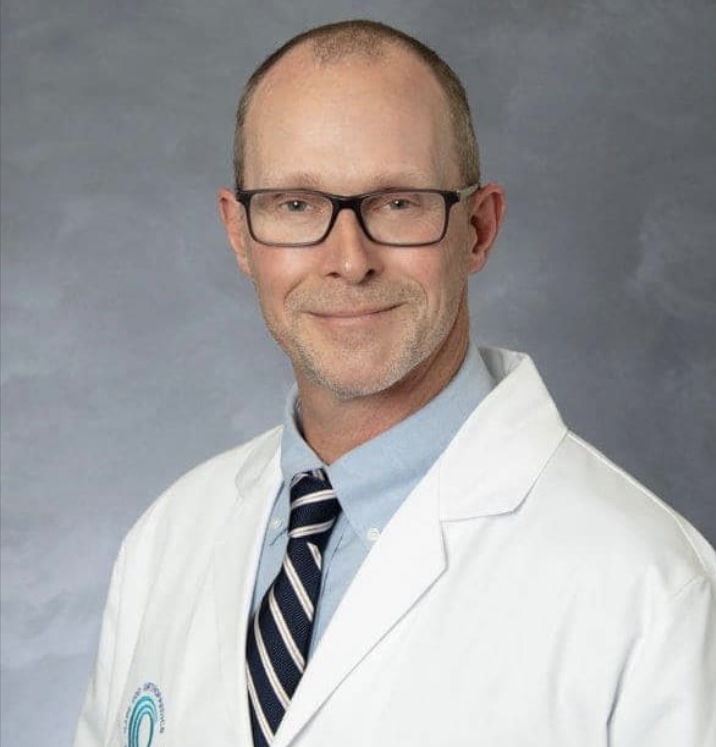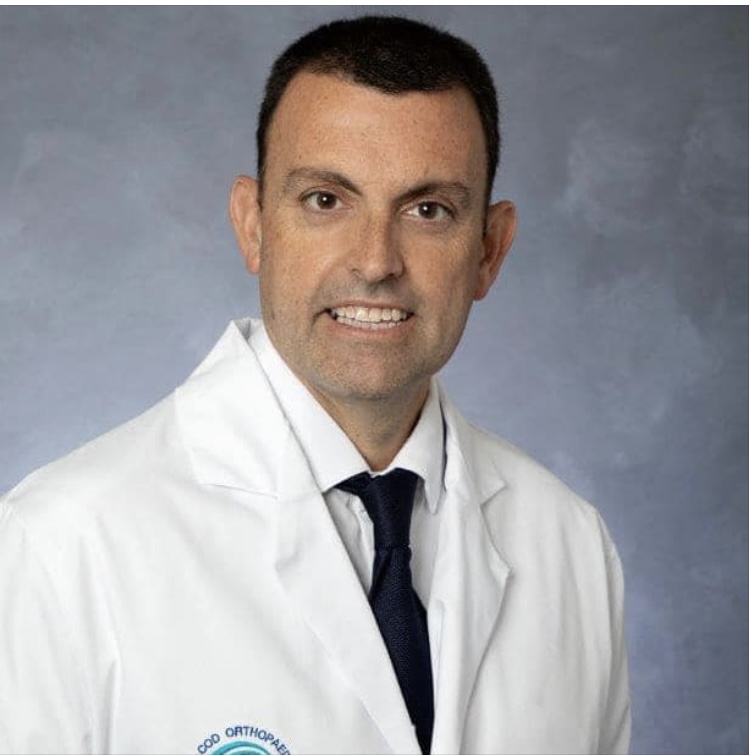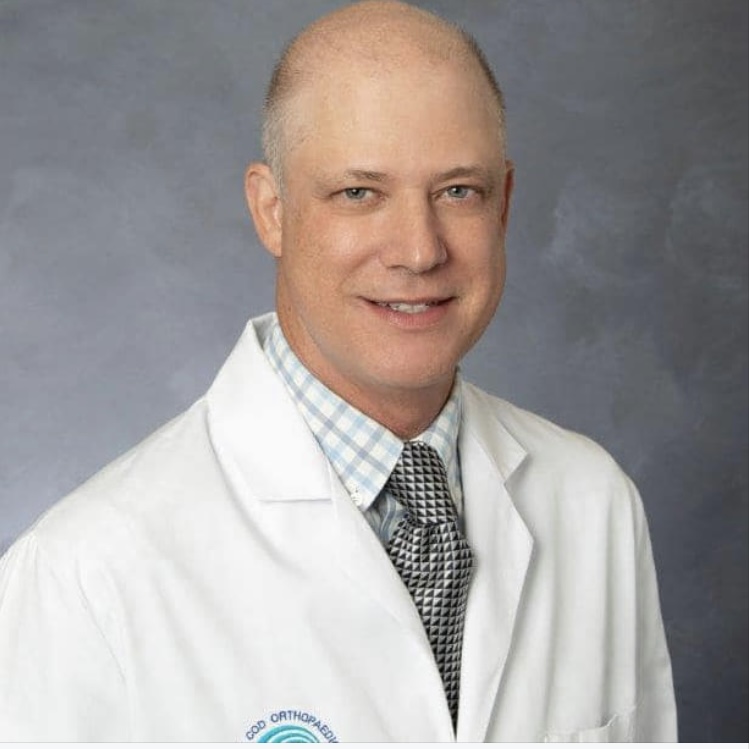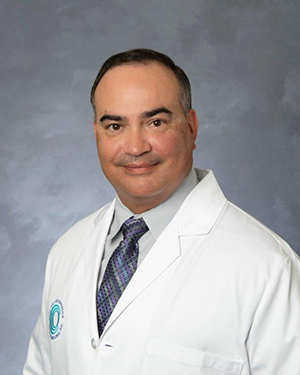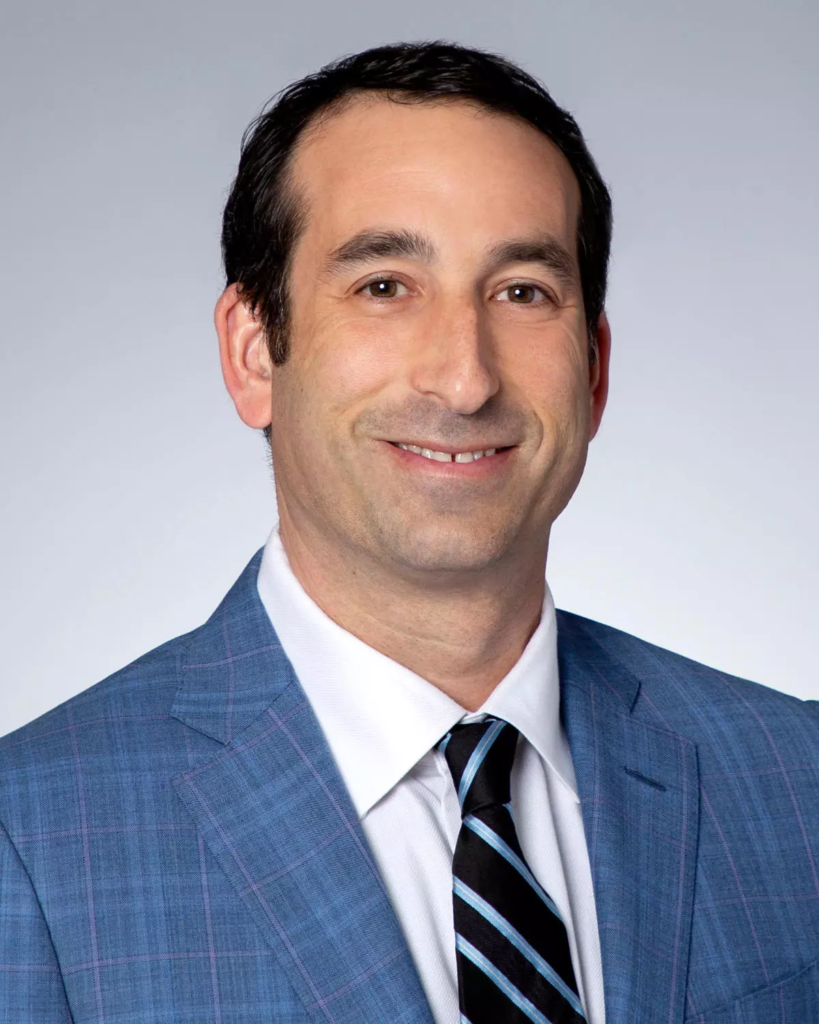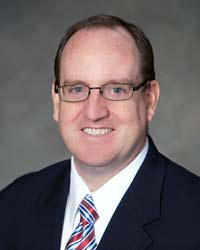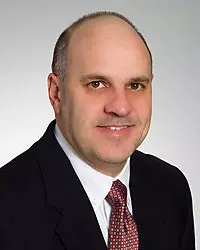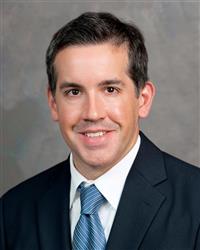Introduction
Plastic surgery is a medical specialty that involves altering or restoring the form of the body. It can be performed for cosmetic or reconstructive purposes, aiming to enhance appearance or correct abnormalities.
Consultation
The process typically begins with a consultation between the patient and a qualified plastic surgeon. During this phase, the surgeon assesses the patient’s goals, medical history, and provides information on available procedures and potential outcomes.
Procedure
The actual surgery involves various techniques depending on the specific goals. Common procedures include breast augmentation, rhinoplasty, and facelifts. Surgeons use advanced medical tools and technologies to achieve desired results while prioritizing patient safety.
Recovery
After the surgery, patients undergo a recovery period. This involves post-operative care, follow-up appointments, and adherence to the surgeon’s instructions. Swelling and bruising are common but gradually subside as the body heals.
Long-Term Care
Plastic surgery requires ongoing care and attention. Patients are advised to maintain a healthy lifestyle, protect treated areas from sun exposure, and follow any additional recommendations from their surgeon to ensure long-lasting and satisfactory results.
